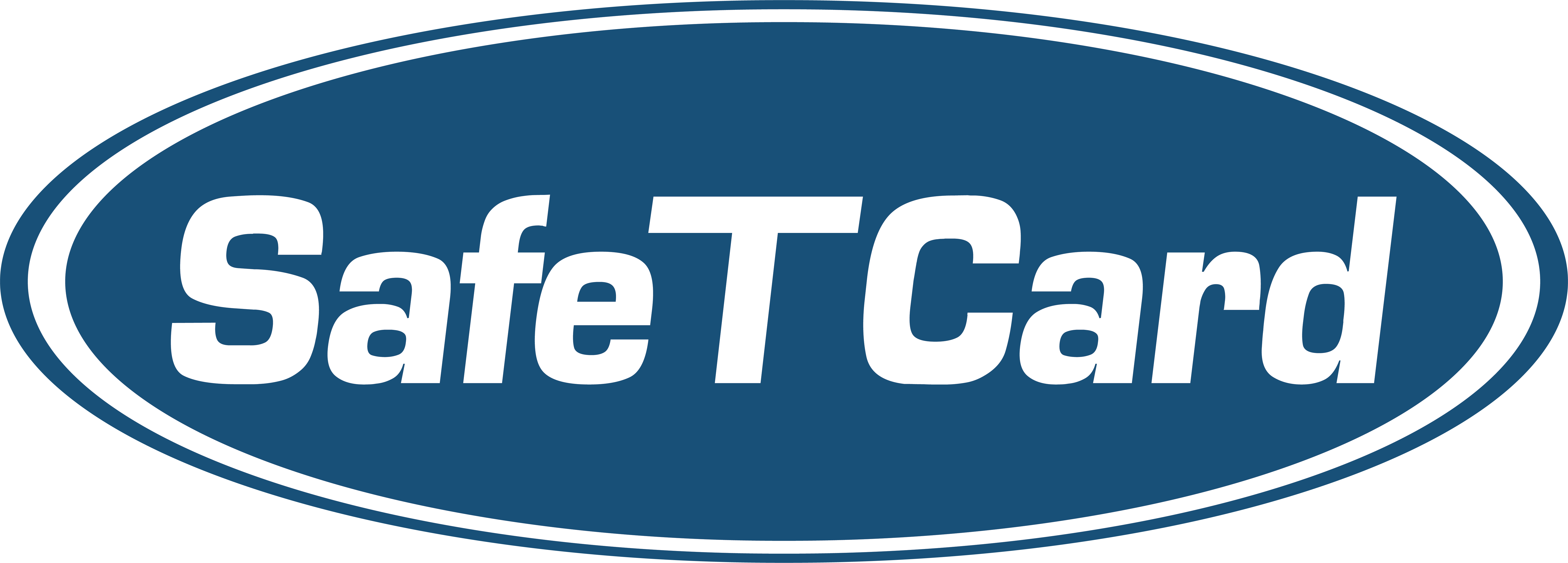The recent ruling against Bunnings over its use of facial recognition technology has highlighted a critical issue: balancing workplace safety with privacy compliance.
As privacy laws tighten and public scrutiny increases, businesses must find solutions that protect employees while respecting legal and ethical boundaries. Here’s how SafeTCard devices provide a compliant, effective alternative that mitigates the risk of legal disputes for your business.
Privacy-friendly safety features
SafeTCard devices, such as the SafeTCard ID, are designed with privacy and safety in mind. Features such as two-way voice communication, voice recording, and GPS technology deliver robust safety solutions without the need for invasive surveillance methods like facial recognition. These devices are focused solely on the safety of employees, used exclusively by them, and operate within clearly defined consent boundaries.
Compliance with the Privacy Act and Data Sovereignty regulations
SafeTCard is fully committed to data security and privacy. All data and private information are stored on-site, in Queensland, in our Alarm Receiving Centre servers, ensuring full compliance with the Privacy Act and Data Sovereignty regulations. This certification reaffirms our dedication to protecting the personal information of our users while delivering industry-leading safety solutions.
The Importance of consent in workplace safety
A key factor in ensuring compliance is obtaining clear, documented consent. Employers using SafeTCard devices can include specific clauses in employment contracts requiring employees to carry these devices during work hours. These clauses should explicitly outline:
- The purpose of the device (e.g., ensuring employee safety).
- How data will be used (e.g., incident recording for evidence in disputes or emergencies).
- Employee rights regarding data access and privacy.
Documenting consent not only ensures compliance but also builds trust and avoids potential legal disputes over privacy concerns. For employees unable or unwilling to use such devices, businesses should conduct tailored risk assessments to identify alternative safety measures.
Minimising risk through alternatives
Businesses relying on buddy systems or high-tech surveillance like facial recognition might inadvertently increase risks, such as breaching privacy laws or incurring additional operational costs. SafeTCard devices offer a more cost-effective and legally compliant alternative. By using technology that is focused on safety rather than surveillance, businesses can meet their duty of care while avoiding reputational damage or regulatory penalties.
Practical tip: conduct a risk assessment
For employees who are unable or unwilling to use SafeTCard devices, employers must conduct a tailored risk assessment to determine alternative safety measures. This step ensures compliance with workplace safety regulations while maintaining ethical standards.
A smarter approach to workplace safety
The Bunnings case serves as a reminder of the risks involved with invasive surveillance methods. SafeTCard’s privacy-focused solutions ensure businesses can meet their duty of care without overstepping legal or ethical boundaries. With compliance-certified data security, cost-saving benefits, and transparent consent processes, SafeTCard helps businesses safeguard their workforce and their reputation without breaching privacy laws of your customers.
Explore how SafeTCard can help your organisation stay safe and compliant in today’s evolving legal landscape. Visit SafeTCard to learn more.




